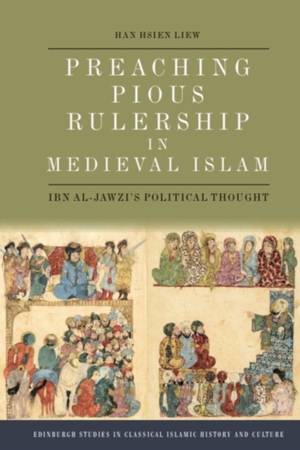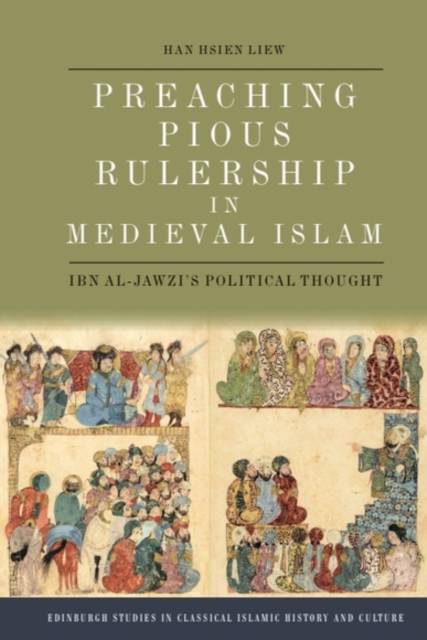
- Afhalen na 1 uur in een winkel met voorraad
- Gratis thuislevering in België vanaf € 30
- Ruim aanbod met 7 miljoen producten
- Afhalen na 1 uur in een winkel met voorraad
- Gratis thuislevering in België vanaf € 30
- Ruim aanbod met 7 miljoen producten
Zoeken
€ 201,45
+ 402 punten
Omschrijving
This book studies the relationship between political thought, preaching and emotions through the writings of Ibn al-Jawzi (d. 1201), a celebrated hortatory preacher in late-Abbasid Baghdad. Through an intertextual analysis of Ibn al-Jawzi's works in various genres, this book details how his ideal form of rulership reflected the emotional norms and pietistic moral virtues promoted in Muslim hortatory sermons. It also examines the emotional strategies deployed in his efforts to reform the rulers of his time. In highlighting the importance of piety in Ibn al-Jawzi's political discourses, the book points to a new reading of the history of Islamic political thought that, rather than foregrounding order and military prowess, considers competing political languages among medieval Muslim intellectuals. In doing so, it calls for the need to rethink notions of 'politics' and the 'political' when studying Islam.
Specificaties
Betrokkenen
- Auteur(s):
- Uitgeverij:
Inhoud
- Aantal bladzijden:
- 320
- Taal:
- Engels
- Reeks:
Eigenschappen
- Productcode (EAN):
- 9781399511292
- Verschijningsdatum:
- 28/02/2026
- Uitvoering:
- Hardcover
- Formaat:
- Genaaid
- Afmetingen:
- 156 mm x 234 mm
- Gewicht:
- 625 g

Alleen bij Standaard Boekhandel
+ 402 punten op je klantenkaart van Standaard Boekhandel
Beoordelingen
We publiceren alleen reviews die voldoen aan de voorwaarden voor reviews. Bekijk onze voorwaarden voor reviews.







